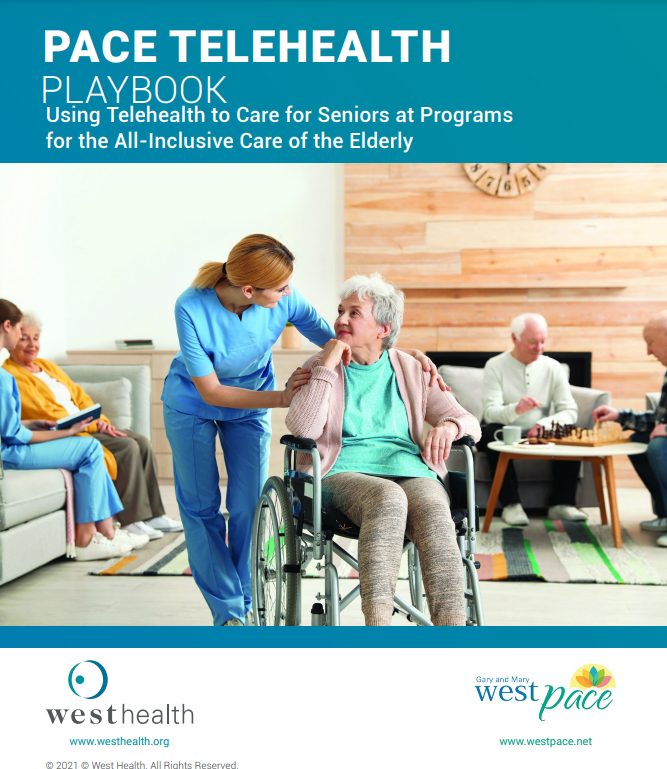Retrospective study analyzing disparities between video and telephone visits among older adults with a focus on patient characteristics.
Cross sectional analysis examining Medicare beneficiaries’ utilization of telehealth and their socioeconomic and demographic characteristics.
Study attempting to improve access to telehealth for older adults during COVID-19 through donated devices and technology literacy education.
Systematic review assessing availability, application, and implementation of telehealth services for the elderly population during COVID-19.

Guide for providers and administrators to use for implementation of telehealth at programs for all-inclusive care of older adults.
Bringing attention to “ageism” and the common misconception that older adults aging >65 are unable or unwilling to use digital health. However, the use of technology among older adults has significantly increased during the COVID-19 pandemic.
This study aims to assess the challenges and factors that affect the use of telemedicine among elderly patients at a family medicine clinic in Iowa and selected Senior Living Communities in Iowa City.
Summary of findings from RCTs detailing the impacts of nurse-led telehealth self-care promotion programs on quality of life, self-efficacy, depression, and hospital admissions for older adults.
Data brief examining Medicare FFS and Medicare Advantage beneficiaries’ utilization of telehealth during the first year of COVID-19
Case study facilitating understanding of how clinicians can collaborate with community organizations for in-home telehealth visits to improve outcomes.
A paper discussing the preliminary lessons learned from research funded by the Patient-Centered Outcomes Research Institute. The research focused on populations at risk for health disparities, including low-income, minority, and rural communities.

Commentary encouraging primary care providers to include loneliness screening as a part of the standard workflow.